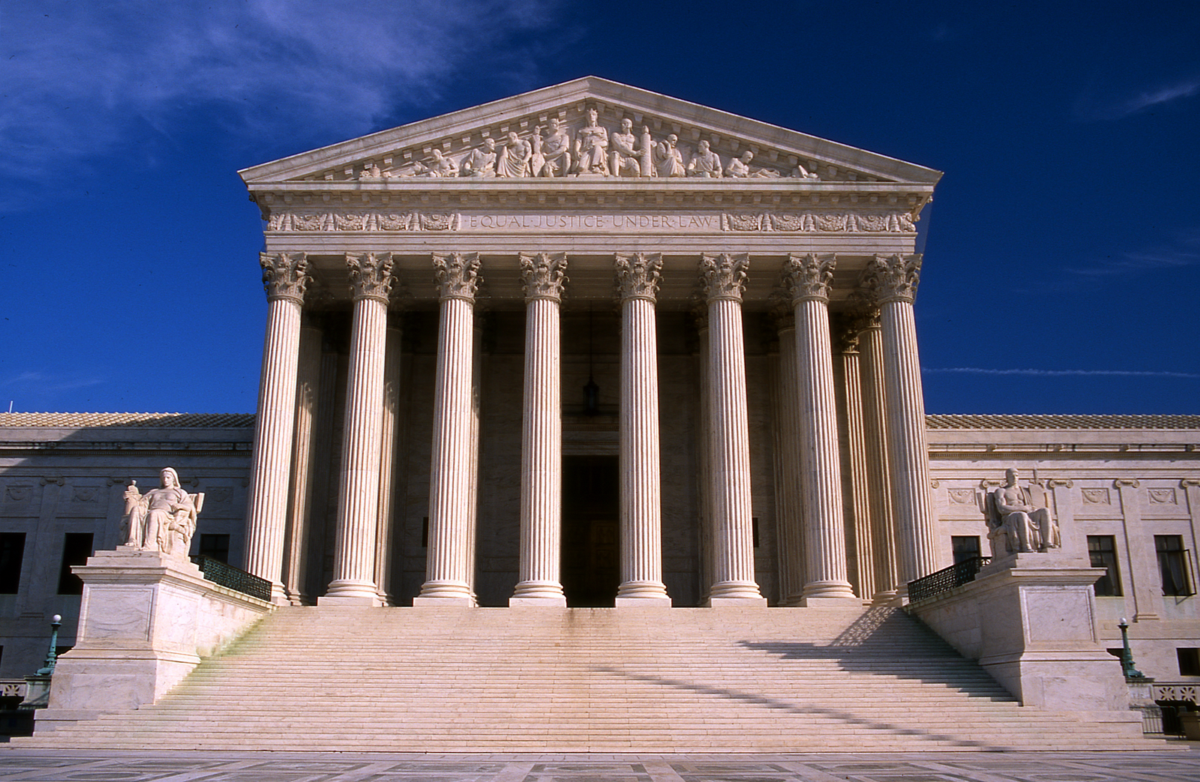NetChoice and the “Informational Interest”: Can the Government Ensure You Listen to the Right Message?
By
| July 17, 2024
The Supreme Court’s decision in NetChoice v. Moody, the much-anticipated challenge to Texas’s regulation of social media companies, was not the barnburner many had anticipated. Instead of deciding the First Amendment question directly, the Court found that neither lower court did the proper facial analysis, meaning they must not only find a First Amendment violation within the law, but also answer whether “a law’s unconstitutional applications are substantial compared to its constitutional ones.” But Justice Kagan’s decision notably goes further than that and examines the serious First Amendment issues involved with government regulating social media content moderation.
Putting the content moderation debate aside for the moment, the opinion is a strong defense of First Amendment principles that can and should be applied robustly in other context – particularly the regulation of political speech. Texas, in defending its law, argued that because the social media companies were censoring certain types of speech, the government had an interest in protecting that speech and maintaining an environment of maximal speech diversity. Not so, says the majority:
[A] State may not interfere with private actors’ speech to advance its own vision of ideological balance. States (and their citizens) are of course right to want an expressive realm in which the public has access to a wide range of views. That is, indeed, a fundamental aim of the First Amendment. But the way the First Amendment achieves that goal is by preventing the government from “tilt[ing] public debate in a preferred direction.”
And why can’t a government regulate to make sure all points of view are being heard? Surely, we want a speech ecosystem where all listeners are informed. Again, Justice Kagan says no:
A State “cannot advance some points of view by burdening the expression of others.” To give government that power is to enable it to control the expression of ideas, promoting those it favors and suppressing those it does not. And that is what the First Amendment protects all of us from.
In other words, the First Amendment protects individual speech rights, not all speech taken together. The government may not chill or silence the speech of some, because it thinks (rightly or wrongly) such suppression will be better for speech overall.
But if a government, like Texas here, does not have a legitimate interest in balancing speech to ensure that all views are heard, how does it have an interest in mandating the disclosure of information about certain speech to ensure that listeners are “informed”? After all, the end purpose of the government compulsion is the same—ensuring listeners hear the message the government thinks they should hear. In the disclosure context, the government wants listeners to political speech to be better informed. So, it enacts a litany of rules that speakers must follow. In the social media context, Texas thinks listeners to online speech should be better informed. So, it enacted a litany of rules that social media companies must follow.
But as Justice Kagan eloquently puts it – that’s not how the First Amendment works. Government cannot “counteract advantages some private parties possessed in controlling ‘enviable vehicle[s]’ for speech.” Because the First Amendment is first and foremost meant to protect us from government speech judgments.
Yet the speech suppression caused by disclosure laws has long been justified as a legitimate government interest in “informing.” That interest has spun well out of control from the rest of First Amendment jurisprudence. Read most broadly, any additional piece of information in some way “informs” the public and so government argues that benefit allows it to compel disclosure of almost anything, at least in the wide universe of political speech.
The informational interest was not intended to be this broad. It was originally justified (in the seminal case of Buckley v. Valeo) as a necessary measure to “discourage those who would use money for improper purposes either before or after the election.” That is, we need disclosure as an accountability check on politicians to dissuade and potentially expose bribery. That interest does not exist for non-candidate disclosures; but Buckley has been widely read for 50 years to bless disclosure rules in all “political” contexts.
The broad interpretation of the informational interest is another formulation of the “balancing” speech justification Texas used in NetChoice – that is, the government putting their finger on the scale to try and maximize the information that government wants listeners to receive, for the purported benefit of the listener. While potentially laudable, history has taught us that government cannot and should not engage in the regulation of speech, even if it thinks it leads to a better speech ecosystem.
It is past time for the court to correct this divergence in its jurisprudence. The broad “informational interest” that has justified speech restrictions for half a century is little different than the speech balancing that Justice Kagan ably pulls apart in NetChoice.


Americans for Prosperity Foundation releases summary of Supreme Court engagement for October 2024 term